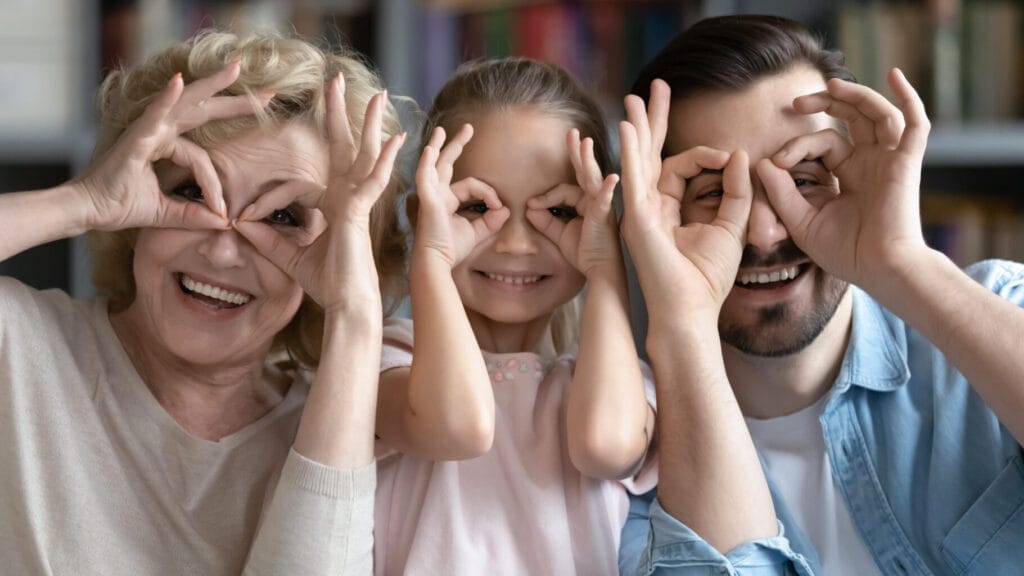Login Account
To view the article please login or create an account
- Ethical Consumption Trends
Cross-generational Responsibility for an Ethical Future – Oct. 2024

Ethical consumption is no longer a niche movement; it’s a global shift, with younger generations, especially Gen Z, at the forefront. But are young people truly today’s ethical leaders, or have they been more exposed to sustainability narratives? And where do the older generations stand in this evolving picture?
Generation Z and the “Greenaissance”: pioneers in ethical living
Generation Z (11-27) is reshaping how we think about consumption. In France, 72% of this generation checks the composition of products they buy, compared to 64% of the general population. They also lead the way in eco-conscious behaviours like using sustainable transportation (69% vs 54%) and limiting animal protein consumption (64% vs 51%). But here’s the interesting part: despite these efforts, only 70% of Gen Z identify themselves as responsible consumers—a figure much lower than Millennials and Gen X (OpinionWay, 2021).
What truly sets Gen Z apart is their expectations of brands. They seek out companies that don’t just pay lip service to sustainability but take real, measurable action on social and environmental issues. Transparency and fairness are key—70% of Gen Z say fair wages influence where they spend their money (Depop, Bain & Company, 2020). And once they find a brand that aligns with their values, they stick with it. In fact, 71% stay loyal to brands, even when mistakes are made (Edelman Trust Barometer, 2022).
For Gen Z, these responsible actions have become part of everyday life, rather than extraordinary gestures of ethical commitment. As Pinterest describes it, we’re witnessing a “Greenaissance,” a cultural shift towards more sustainable living. And the future looks even brighter with Generation Alpha (0-11 years old) likely to continue this trend. Already 67% of 6-9 year-olds aspire to careers focused on saving the planet (Wunderman Thompson Commerce, 2019).
Are older generations falling behind or catching up?
Interestingly, older generations aren’t lagging too far behind. The 2019 Future Shopper study reveals that 57% of 25-34-year-olds and 58% of 35-44-year-olds consider a company’s ethics crucial in their purchasing decisions. Similarly, 53% of Gen X and 51% of baby boomers are also factoring ethics into their consumer choices. Therefore, while there are behavioural differences between generations, they aren’t as stark as some may believe.
However, older generations face a unique challenge: access to ethical products. A 2022 Etikord survey found that 37% of older consumers struggle to find ethical options, compared to just 27% of younger consumers. The issue isn’t a lack of willingness, but a difference in how generations navigate the marketplace.
Bridging the generational gap: a shared responsibility
While there are generational differences, one thing is clear: responsible consumption is a collective journey that spans all ages. To foster meaningful change, we need to encourage collaboration, dialogue, and understanding among generations. By combining the unique experiences, perspectives, and resources of each age group, we can build a more inclusive and accessible space for ethical products and ideas—making sustainability the norm rather than the exception.
At Etikord, we’re committed to realising this vision. Our platform invites people of all ages to share insights, publish thoughts, and engage in meaningful debates on ethical consumption and business. Whether through articles, events, discussions, or projects, Etikord is a space for exchanging experiences, learning from one another, and exploring the challenges, hopes, and solutions that shape our collective path toward a more responsible future. Together, we can bridge the generational gap and create a community where ethical consumption thrives.
Other Posts


Interested in writing for the community?
Your contributions will nourish our collective intelligence and ignite constructive debates.
Write with us!
